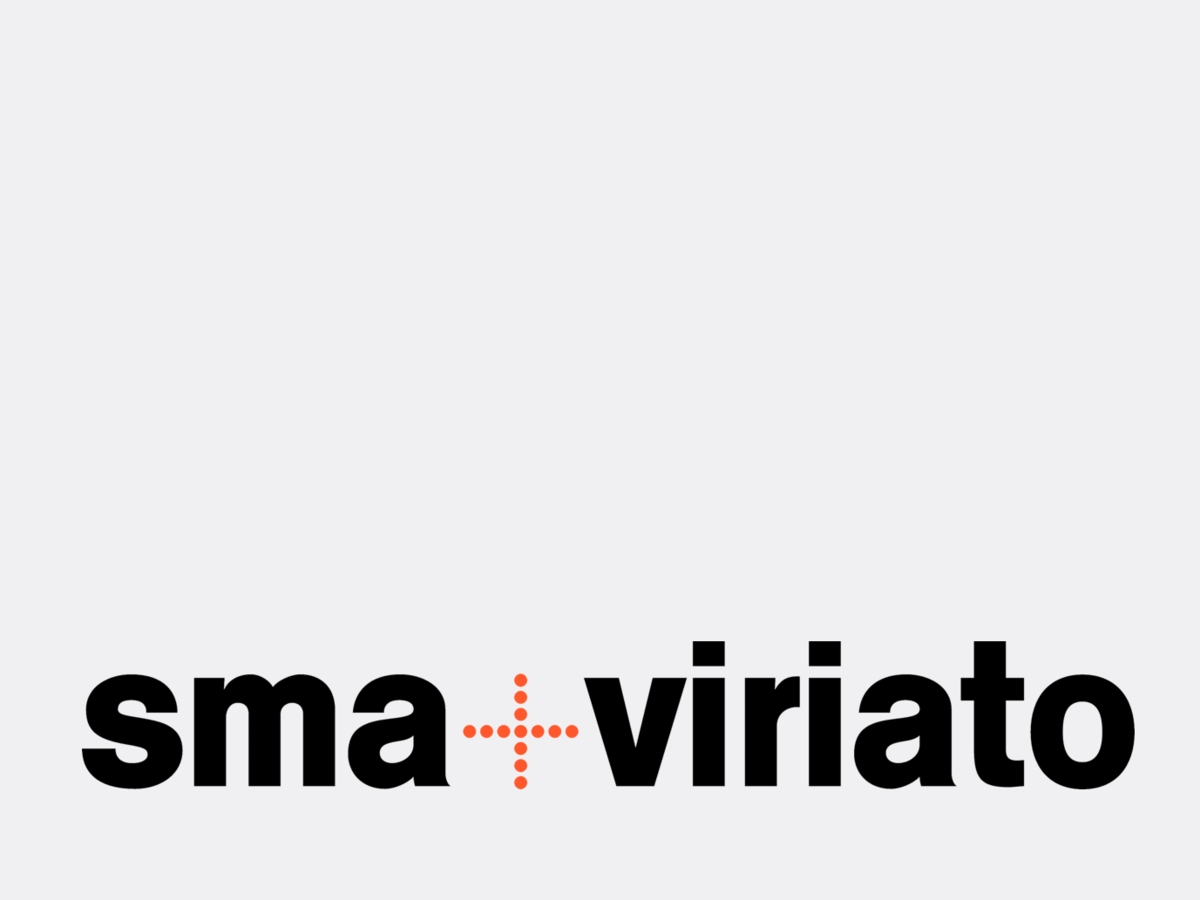Based on a common core providing the essential timetabling functionality, Viriato is available in two versions that are focussed on different market segments. Viriato Enterprise targets users requiring the short-term flexibility to make modifications to their trains and infrastructure within the yearly planning process. Viriato Standard is focussed on the design of strategic timetables where fewer variations are required allowing a focus on the timetable structure and goals.
The Viriato model can be integrated into the entire planning process:
- Strategic: Using high-level data to develop initial travel time estimates, rough timetables and rostering plans that optimise vehicle utilisation. Viriato helps planners identify efficient timetables by allowing them to easily compare alternatives.
- Capacity: As timetable implementation approaches, Viriato can work with detailed data to refine and share timetables between stakeholders to produce optimal plans.
- Operations: Daily timetables can be prepared for use by train operators and infrastructure managers ensuring smooth implementation.
Viriato is able to model any type of railway network from a single line through to a national network. A timetable may include services from an unlimited number of train operating companies, including freight, long distance express passenger, inter-regional passenger and local trains.
Viriato allows the user to work with timetable concepts varying in size from aspirational schemes through to fully populated national databases, allowing the creation of efficient plans maximising the usage of network capacity and rolling stock assets, while providing high quality services to customers.
A range of additional modules, such as the visualisation and management of the effects of engineering works on trains, robustness assessment and the analysis of passenger assignment are available to extend the base planning and analysis functionality.
Viriato Standard Model
Viriato Standard uses a timetabling model designed for efficient timetable production from strategic concepts through to the production of the annual timetable. Through the use of standardised services with a shared validity, the timetable development process is systematised and rapid.
The infrastructure model is abstracted to the level of detail needed to successfully plan trains, including their detailed routing within stations, without unnecessary data overheads. Where a finer resolution is needed, extensions to Viriato allowing communication with other system is possible.
A key feature of Viriato is the use of train families with a repeating interval, where possible. Trains are planned on a frequency with a fixed interval between services. The user is of course also free to create single trains as required. It is also possible to have limited minor variations within a train family to incorporate factors such as variable platforming requirements, to start a train later or terminate it earlier than other members of the family.
Viriato Enterprise Model
Viriato Enterprise is an extension to the model designed to allow Viriato to cover the entire planning spectrum from strategic timetabling through to the preparation of operational short-term plans through providing additional flexibility over Viriato Standard.
The infrastructure model allows dated changes throughout the timetable period. This means that a timetable can now easily include features such as closures and diversions for engineering work, the creation of a new track layout in a station, revised speed limits after an upgrade etc. The use of infrastructure scenarios (e.g. for works planning) and variants (for strategic infrastructure planning) enable timetable planners to deal with different states of infrastructure in a single planning database.
Simultaneously the train model is also more flexible. Train families have been extended to allow dated variants within a group of trains. These variations may be to the timings, routing or composition of a train, and allows the train family to have as much flexibility as required. An important feature of this increased variation is that it remains within the original train, allowing the timetable planner to retain full control of their timetable from initial concept through to the day of operation.
- Programming services of systems and user software
- Custom software development services

